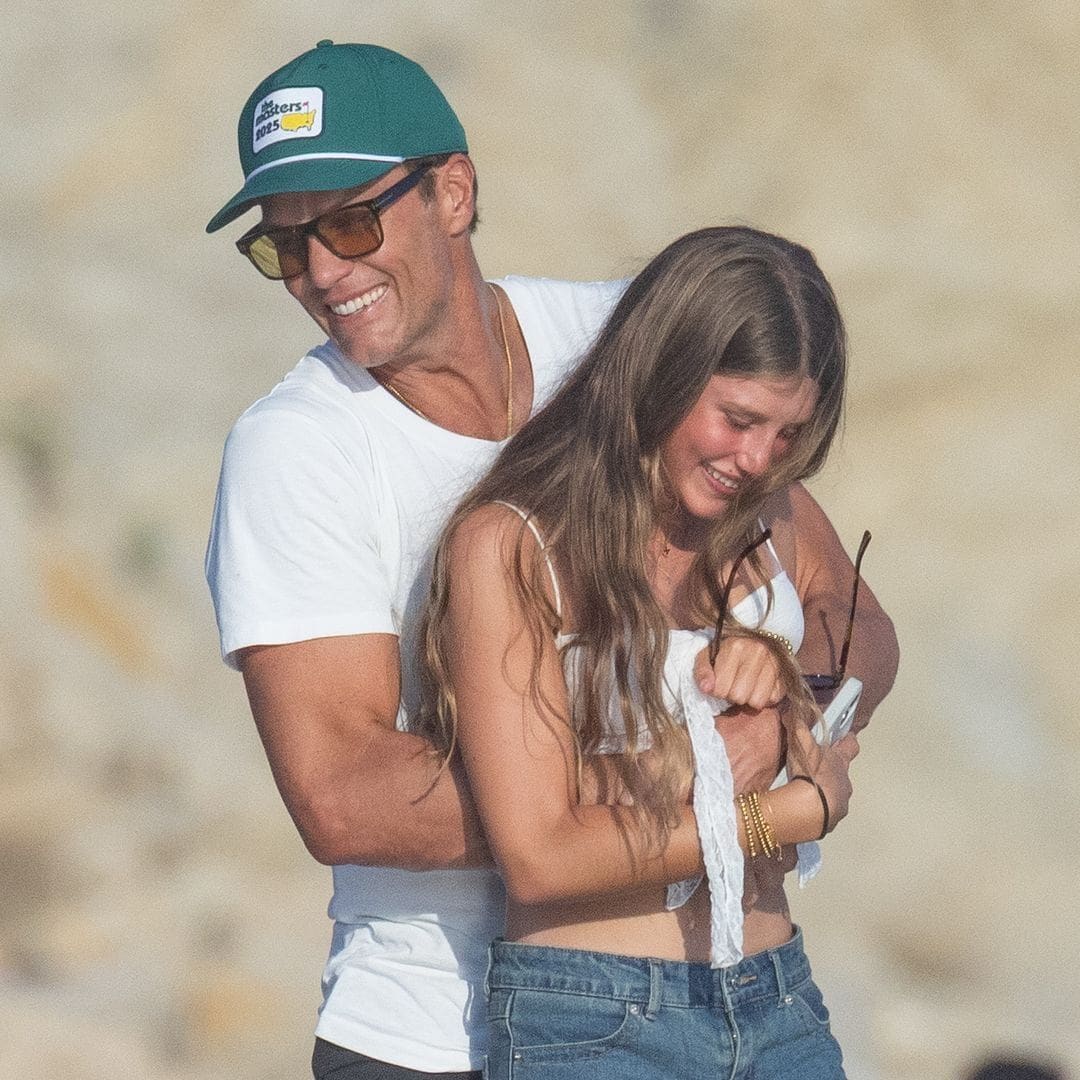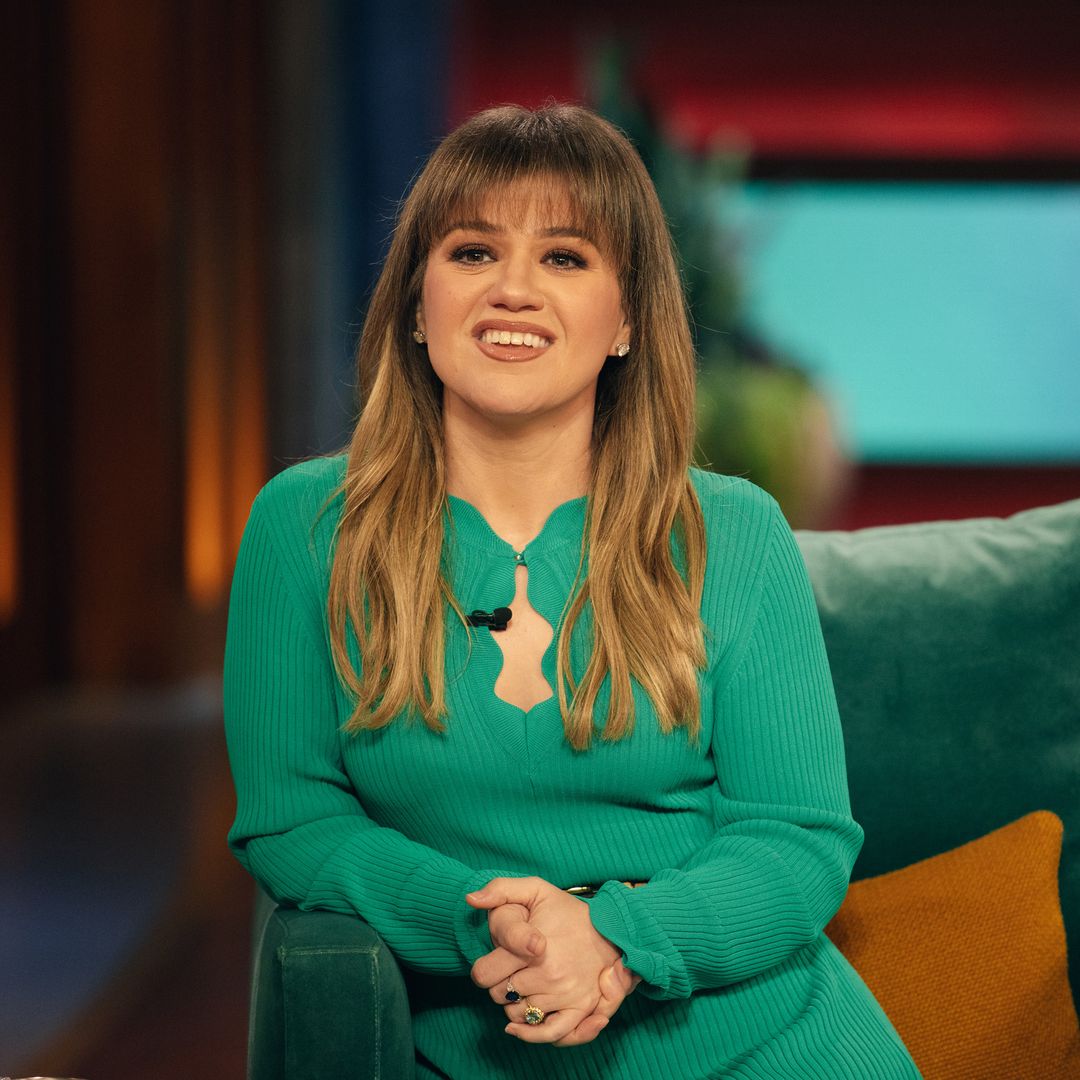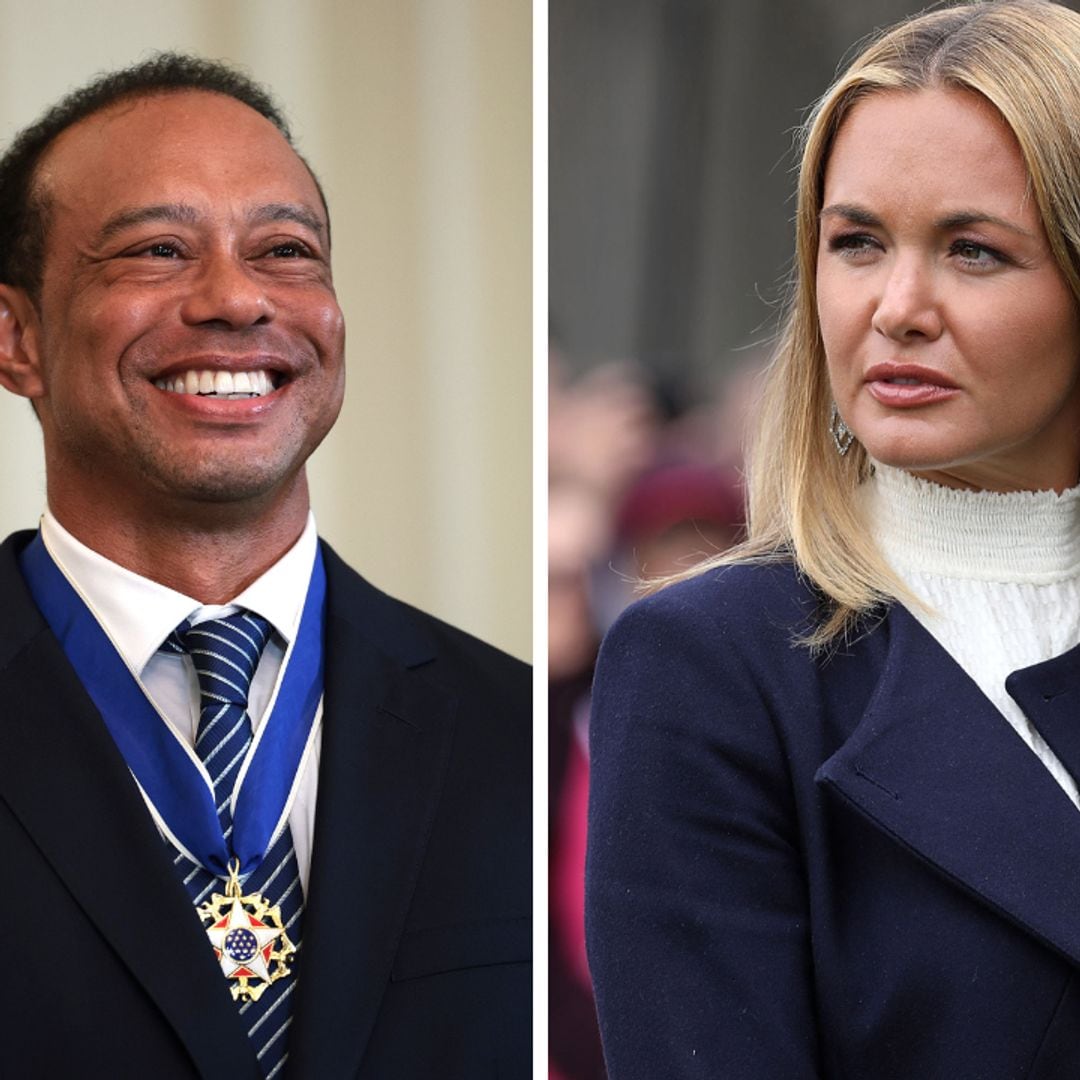Orlando Bravo is one of the most important businessmen in the world. With over 25 years of experience in private capital, Orlando has become someone with a hand in shaping global tendencies, all while launching tech and software companies on a daily basis.
Orlando is also the first billionaire born in Puerto Rico. He’s someone who is proud of his roots and who’s never forgotten the place where he comes from. In an exclusive interview with HOLA! USA, Orlando talked about the work of the Bravo Family Foundation, a nonprofit that began as an effort to aid Puerto Rico after the devastation of Hurricane Maria. What began as a philanthropic effort of providing water to small and remote villages, has grown with the passage of time, now providing young people in Puerto Rico with equal opportunities in business and tech, no matter their origins or income. We also talked about one of the foundation’s leading efforts, the Rising Entrepreneurs Program, and of Orlando’s plans of investing and growing technology in Puerto Rico. He assures us that this investment could transform Puerto Rico and Latin America as a whole.
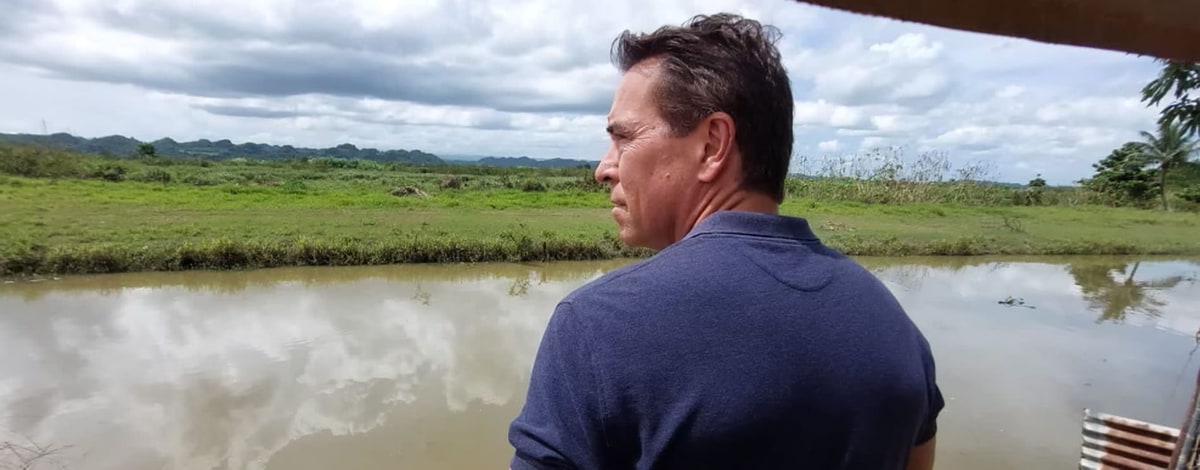 © Orlando Bravo
© Orlando BravoThe Bravo Family Foundation started when Hurricane Maria struck Puerto Rico. At that time I was doing philanthropy in the U.S. but I’m originally from Mayaguez, a small town in the island. And I remember when the hurricane occurred, I was in Japan with our investors, and I was returning to San Francisco. After I landed, I couldn’t communicate with anyone in Puerto Rico, not with my family or my friends. I knew things were bad. From there, we started a humanitarian initiative to help out the island. The Bravo Family Foundation is based on social justice. And our mission is that we want all of the young people of Puerto Rico to have a real opportunity, for personal and professional growth. All of the programs we have are based on that vision.
Thanks for that question. My philosophy is that if something personal happens to someone and that person does nothing, no one is going to do anything. And that labor and effort are more important than money. When Hurricane Maria occurred, I knew nothing of humanitarian aid, of catastrophes, of how to help towns that had gone through this. But my training since I was young in business school is based on entrepreneurship, taking positive risks, and acting fast. With that as a base, on the second day of the hurricane we communicated with one of the towns near Mayaguez that wasn’t receiving any aid from the U.S. or Puerto Rico, because these places were tough to reach. And we let them know that we would be at the Aguadilla airport with food and water, because that’s what the towns needed at that stage, the most basic things. And people arrived there. After that, we began a more formal project; we started bringing in airplanes and every one or two days from Florida, where we had some warehouses. Then we began to bring in ships to the island until these towns had enough provisions to get back on their feet. What we did was also done by different people in Puerto Rico; it was a time where communities got together to help each other out and we were a part of it.
Yes, because my personal experience is based on two things. Number one, I come from a small town in Puerto Rico. I was lucky enough that there was always someone there to help me and provide me with new opportunities, starting when I was nine years old with tennis and sports. That allowed me to go to Florida and Latin America. I remember my first tournament in Latin America was in Caracas, Venezuela.
Yes. And those experiences of seeing new things, seeing a bigger world, and competing with others in a fair way, helped me incredibly. Thanks to these opportunities I was able to go to the U.S. and study at Brown University. Afterward, I went to Wall Street and then to Stanford. And the person that gave me a job in private capital, my partner Carl Thoma, gave me the opportunity to work in technology, which is what I wanted to do. At that time, there weren’t a lot of jobs in that area or companies wanted me to work in the Latin American division. So, the first thing is that I have a passion for philanthropy and I want to help young people have similar opportunities to me. The second thing is that I had a mentor who told me that it was important for me to be myself, unique and Puerto Rican, than to try to imitate others. Because that’s what I was doing before, imitating my role models in the business. And when I started to think about the most important things about myself, where I came from was at the top of the list. From then on, the business grew and I started making better decisions. I felt more comfortable. That’s why it’s important for me where I come from and to never let go of that.
One of our programs tries to do that, helping community leaders be proud of who they are and where they’re from. In that program, we support them as we would do if they were a part of our business, teaching them how to develop their unique skill sets. Those teachings matter because they make people feel good about themselves, making them happier and more productive.
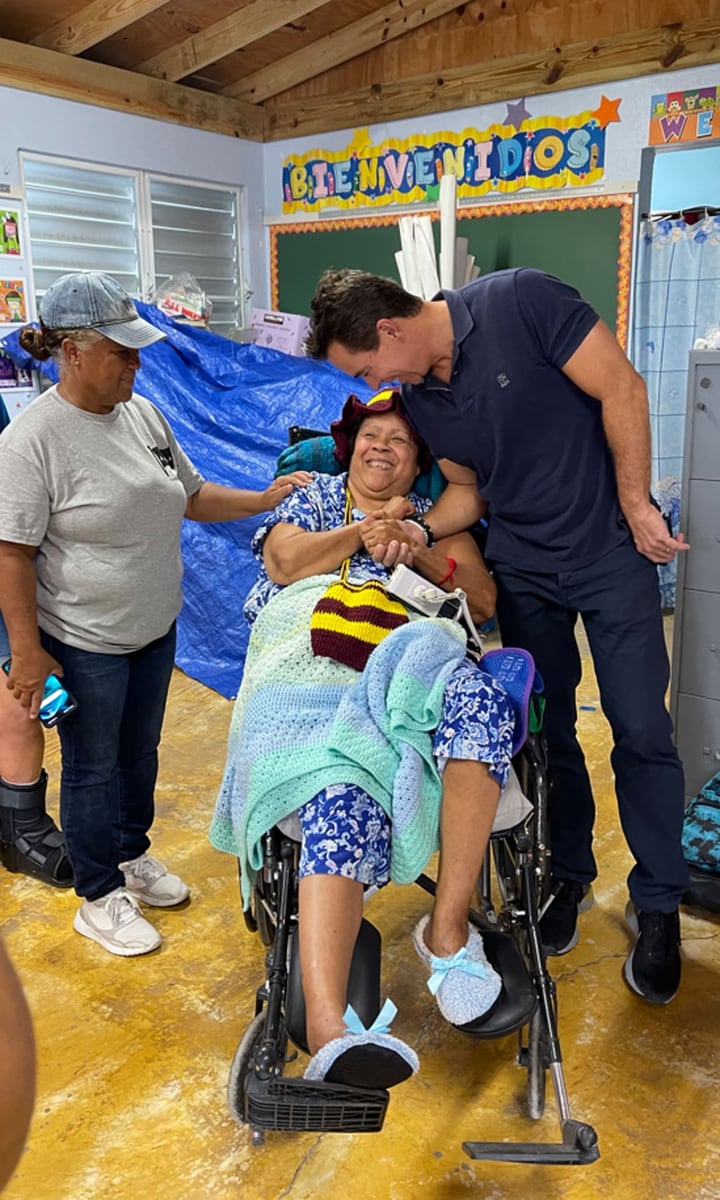 © Orlando Bravo
© Orlando BravoFirst thing would be to use software as a basis of technology. It’s the future of everything. Software is a new way of communicating, helping us think of different and more effective processes. Software can help large social problems, like income inequality and education problems, which are topics that are often discussed in the U.S.
Software is the future of all businesses. So, if you want to grow and develop as a society, you have to be involved in technology, something that Puerto Rico and Latin America haven’t been as done. This has been an effort that involves the U.S., a little bit in Europe, and a lot in Asia. In this new world, after the pandemic, tech companies want to work remotely. Wall Street has decided to go back to the office but in tech, this has opened multiple doors. This is a huge opportunity for Latin America and for Puerto Rico, allowing entrepreneurs to work in places where they previously weren’t able to work in. So securing this technology is the first step. The second step is that this is possible. And the third is Puerto Rico’s university, which is amazing. And what we’ve seen with our program is that it’s just as good as anything that there is in Silicon Valley. I’m not the only who says this; my team at the Foundation and all of the judges of the program are all very impressed.
The Rising Entrepreneurs Program was one of the first programs that we had in the foundation. We asked ourselves, ‘If we want to provide equal opportunities to young talented Puerto Ricans, how do we find them?’ First, we go to the entrepreneurs. We have a unique program that we made after we studied some of the best entrepreneur programs in the world. What we do is first give entrepreneurs capital to help them. And it’s free. The second thing we do is we’ve made a school of management based in Mayaguez, based in my company’s philosophy. This is where entrepreneurs learn how to run sales, manage costumer support, how to get organized, how to price your product, etc.
Young people love this program. They’ve said that it’s the best school of management they’ve attended, something that gives them tools, not only for their businesses but also for their lives as people who work in businesses. The third thing we do is that we combine all of this with one on one mentorship, with our partners from Thoma Bravo and also with volunteers. And the fourth thing we do is that we bring CEOs from big companies that work with Thoma Bravo to help these entrepreneurs. Last year, we added another great thing to the program, which is that we bring venture capitalists from the US to our foundation, that way they can invest in these projects and provide funds. We have several companies that have already received these investments.
,type=downsize)
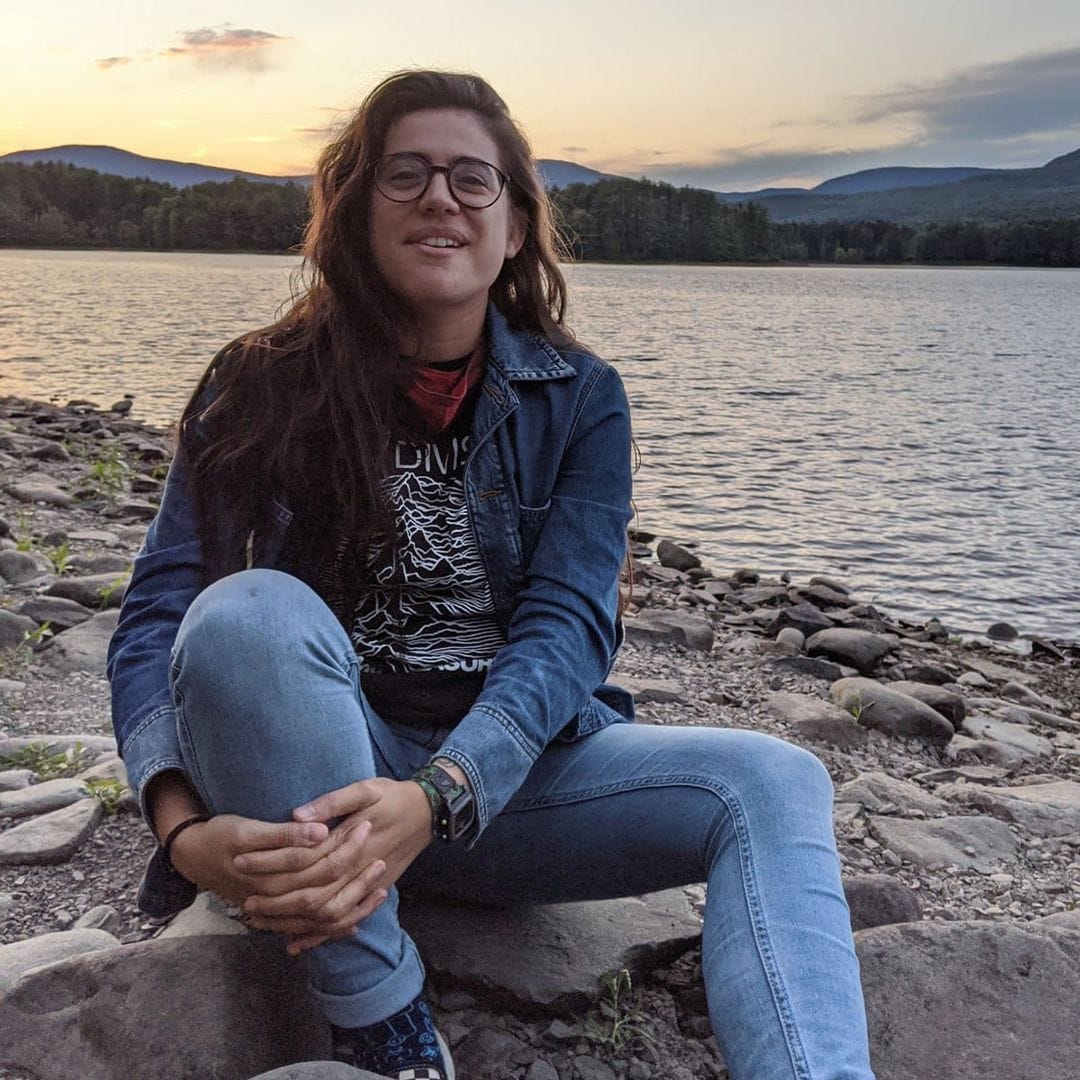
![Nadia Ferreira shares her excitement over her Cannes Film Festival debut [Exclusive]](https://www.hola.com/us/horizon/square/62a36aab8c84-special-feature-1.jpg)
